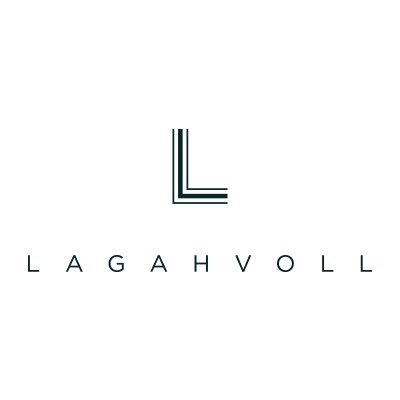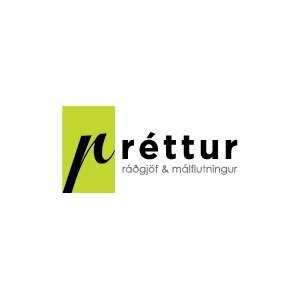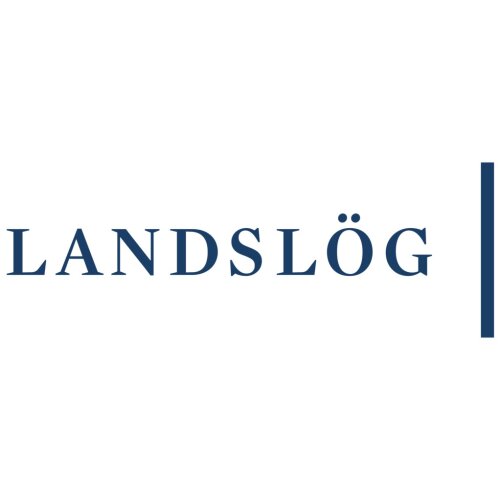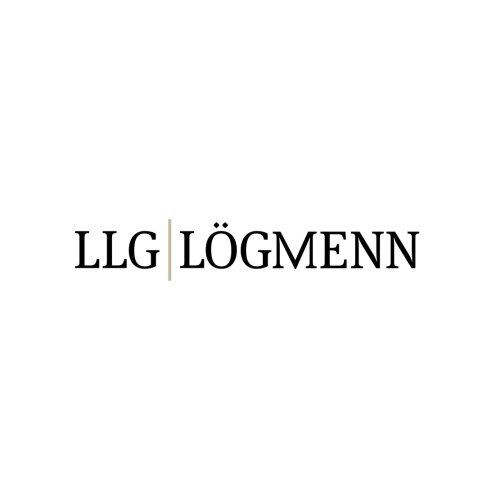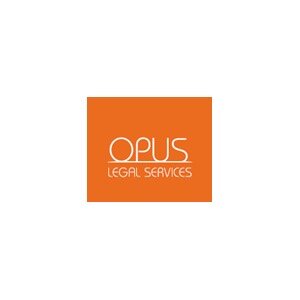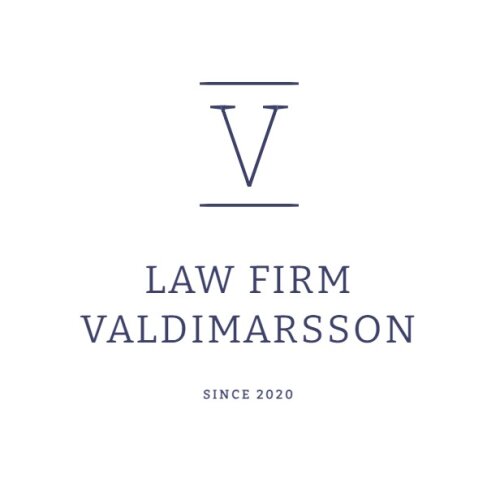Best Water Law Lawyers in Reykjavik
Share your needs with us, get contacted by law firms.
Free. Takes 2 min.
List of the best lawyers in Reykjavik, Iceland
About Water Law in Reykjavik, Iceland
Water Law in Reykjavik, Iceland, is a specialized area of law that governs the use, management, and protection of water resources, including rivers, lakes, groundwater, and coastal waters. Due to Iceland’s unique geology and the abundance of geothermal and freshwater resources, Water Law plays a crucial role in balancing environmental sustainability, public health, and economic interests. The law aims to regulate human impact on water systems, protect water quality, allocate usage rights, and resolve disputes concerning access or contamination.
Why You May Need a Lawyer
There are several situations where consulting a Water Law specialist in Reykjavik might be necessary. Individuals, businesses, and organizations often seek legal help in the following scenarios:
- Navigating permits for water usage in agriculture, energy, or industry - Addressing water pollution issues or contamination disputes - Resolving disagreements over water rights between neighbors or entities - Compliance with environmental standards and regulations concerning wastewater - Understanding legal obligations for construction projects that may affect water sources - Liability for water damage or flooding - Disputes involving fisheries, recreation, or protection of natural water resources
Due to the complexity and technical nature of Water Law, legal professionals can help interpret regulations, mediate disputes, and represent clients before regulatory bodies or courts.
Local Laws Overview
Reykjavik’s Water Law is primarily influenced by national legislation, most notably the Icelandic Water Act (Vatnalög), environmental protection laws, and local municipal ordinances. These laws address several key issues:
- All water resources are considered the common property of the nation, managed and allocated by the state - Permits are required for significant abstraction or diversion of water, as well as for construction activities impacting watercourses - Strict standards govern pollution prevention, with special attention given to geothermal and drinking water sources - The law prioritizes sustainable use and conservation, including the protection of ecosystems and public health - The National Energy Authority (Orkustofnun) and the Environment Agency of Iceland (Umhverfisstofnun) are key regulatory bodies - Dispute resolution mechanisms exist for landowners, users, and other stakeholders who encounter conflicts over water rights or damage - Municipalities like Reykjavik enforce stricter local regulations when necessary, especially given the city’s reliance on groundwater for drinking supply
Frequently Asked Questions
What constitutes a water right in Reykjavik?
A water right regulates the use of a particular water source for specific purposes, such as domestic use, agriculture, or energy production. These rights are granted by authorities and may require a permit depending on the activity and volume involved.
Do I need a permit to drill a well on my property?
Yes, drilling a well for personal, agricultural, or commercial use generally requires a permit from the relevant authority. The application process ensures the well will not negatively impact the environment or other users.
Who is responsible for water pollution in Reykjavik?
Any person or company found to be polluting water sources can be held responsible and subject to penalties. This includes liability for cleanup and damages, as well as potential criminal sanctions.
How are disputes between neighbors over water use resolved?
Such disputes can be resolved through negotiation, mediation, or formal proceedings. The law provides frameworks to balance competing interests and ensure sustainable use for all parties.
Can water from rivers or lakes be used freely for recreation?
Generally, recreational use like fishing or swimming is allowed, but commercial or large-scale activities often require permits. Restrictions may also apply to protected areas or during sensitive environmental periods.
What are the regulations on wastewater disposal?
Wastewater must be treated according to strict standards before being discharged into the environment. Both the City of Reykjavik and national agencies enforce these regulations to protect water quality.
How does Water Law protect geothermal resources?
Geothermal wells and hot springs are managed under water and energy laws. Special permits, conservation measures, and environmental assessments are required for their use and development.
What should I do if my property is damaged by flooding?
You should document the damage, notify the relevant municipal authority, and consult a lawyer. Compensation may be available if the flooding was caused by negligent infrastructure, unlawful water diversion, or regulatory failures.
Are there special regulations for companies using large amounts of water?
Yes, companies using substantial volumes of water for industry, energy, or agriculture must obtain permits, adhere to usage limits, and follow environmental monitoring requirements.
How can I find out if there are legal restrictions on water near my property?
Contact the City of Reykjavik’s planning department or the Environment Agency of Iceland for maps and information. Consulting a Water Law specialist can also provide guidance on specific restrictions or obligations.
Additional Resources
- Environment Agency of Iceland (Umhverfisstofnun) - Responsible for water protection and quality - National Energy Authority (Orkustofnun) - Handles permits and regulation for groundwater and geothermal resources - City of Reykjavik - Local planning, water management, and environmental health departments - The Icelandic Water Association (Vatnafélagið) - Professional organization for information and networking - University of Iceland Law Faculty - Offers updated legal research and public seminars on environmental and water law
Next Steps
If you believe you need legal assistance regarding Water Law in Reykjavik, start by identifying the specific issue you are facing, such as a permit application, a dispute, or a compliance concern. Gather all relevant documentation, including official correspondence and property records. Make an appointment with an Icelandic legal professional specialized in Water Law, preferably someone familiar with both national and local regulations. Prepare your questions and be ready to discuss your situation in detail. For non-urgent questions or general guidance, reach out to the relevant governmental agency or legal aid service for advice. Acting promptly is recommended, especially if there are ongoing disputes or deadlines to meet.
Lawzana helps you find the best lawyers and law firms in Reykjavik through a curated and pre-screened list of qualified legal professionals. Our platform offers rankings and detailed profiles of attorneys and law firms, allowing you to compare based on practice areas, including Water Law, experience, and client feedback.
Each profile includes a description of the firm's areas of practice, client reviews, team members and partners, year of establishment, spoken languages, office locations, contact information, social media presence, and any published articles or resources. Most firms on our platform speak English and are experienced in both local and international legal matters.
Get a quote from top-rated law firms in Reykjavik, Iceland — quickly, securely, and without unnecessary hassle.
Disclaimer:
The information provided on this page is for general informational purposes only and does not constitute legal advice. While we strive to ensure the accuracy and relevance of the content, legal information may change over time, and interpretations of the law can vary. You should always consult with a qualified legal professional for advice specific to your situation.
We disclaim all liability for actions taken or not taken based on the content of this page. If you believe any information is incorrect or outdated, please contact us, and we will review and update it where appropriate.



